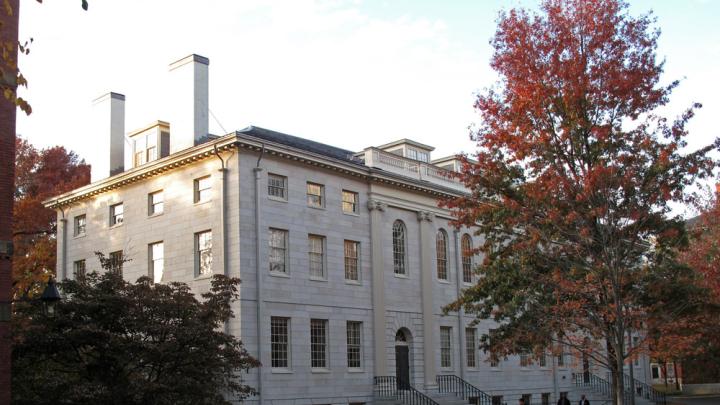As reported, the University’s major professional schools have begun outlining their immediate responses to the coronavirus-related challenges to their finances and operations. Now, Claudine Gay, dean of the Faculty of Arts and Sciences (FAS), has disseminated near-term guidance, consistent with her April 10 message framing principles and priorities for action, and with the University requirements communicated on April 13 by President Lawrence S. Bacow and his senior team.
As middle- and longer-term planning begins, Gay wrote (emphasis added):
The direct costs of de-densification, which exceed $30M, while significant are only one aspect of the financial impact of COVID-19 on the FAS. The pandemic and the resulting economic downturn have disrupted Extension School programs, sponsored research funding, philanthropy, the endowment, and other important sources of support for our mission-driven activities, with no sign of a return to normalcy in the foreseeable future. Much is unknown, but what is beyond doubt is that the economic context has been fundamentally altered in a matter of weeks, and universities across the country are having to reassess every aspect of their operations. That work begins for us now, understanding that the financial impacts and our responses to them will not be limited to one year, and that we are on a changed trajectory that will persist for some time.
Notwithstanding the success of The Harvard Campaign and FAS’s planning and budgeting disciplines, she continued, such strengths “will not spare us from the need to make difficult reductions and tradeoffs. If we act swiftly, we preserve more flexibility to support our core academic priorities over the long road ahead.”
Accordingly, FAS is:
- suspending faculty and exempt staff salary increases and bonus programs (except that lecturers and preceptors will receive a previously announced compensation increase);
- suspending all faculty searches under way, except for those very near completion, and declining to authorize new searches;
- controlling staffing, by leaving vacant positions open and requiring any hiring requests to undergo decanal review and approval— “and the bar will be very high”—in an effort “to sustain, for as long as possible, employment and benefits for our current workforce"; and
- suspending all capital projects, in accordance with Boston and Cambridge requirements, and then evaluating all projects “under way, planned, or envisioned” to determine “whether and when they will resume, based on priority level and funding source.”
More generally, all non-essential spending is eliminated in all FAS budgets, and faculty members are asked “to manage their research budgets carefully, to slow the pace of spending wherever possible, and to draw on restricted funds when available.”
That somber list of “initial” actions is a prelude, as FAS “begin[s] to plan in earnest for fall,” while focusing on the priorities Gay outlined April 10: “putting health and safety first; protecting the academic enterprise; leveraging our breadth and diversity; and preserving access and affordability.”
The context for doing so, she acknowledged, “is exceedingly difficult…when much of the context of those decisions is still not known. This is the definition of a hard problem—and thankfully we are a community that is built for that.”








